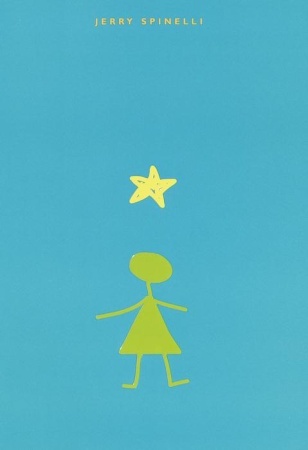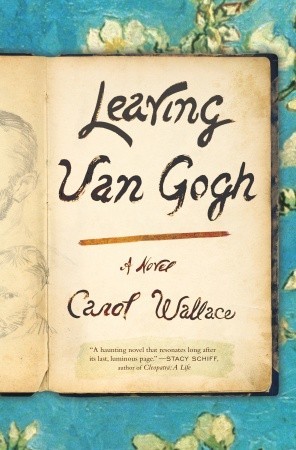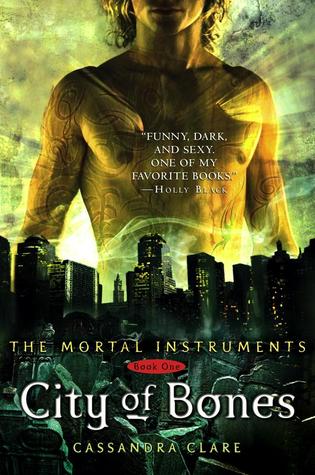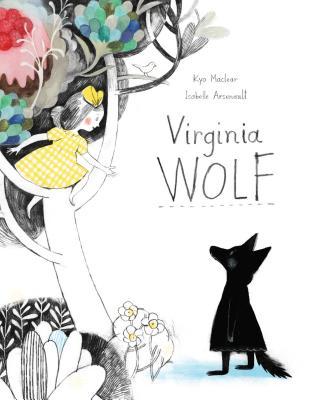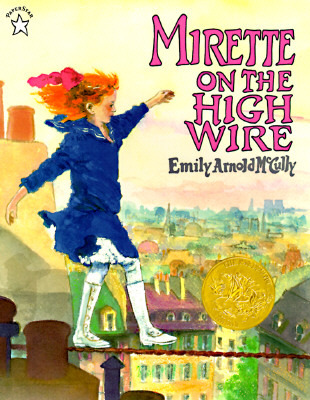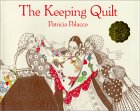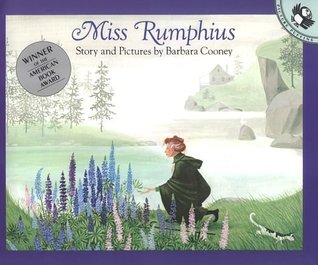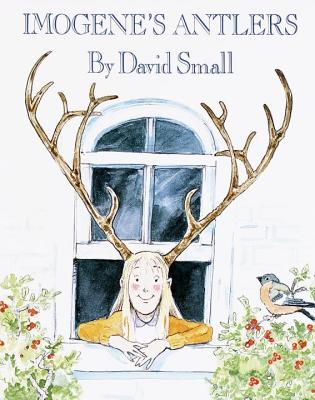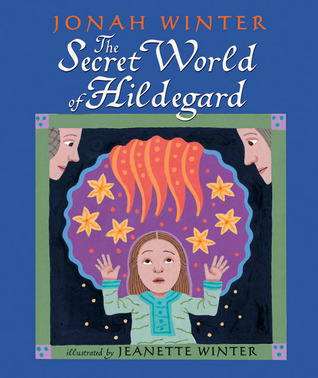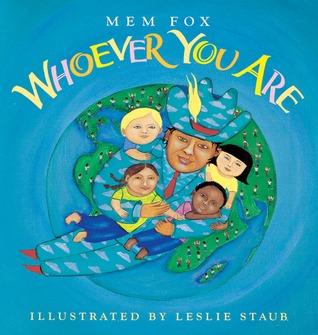Rachel Held Evans has knocked it out of the park with
A Year of Biblical Womanhood. Raised in an evangelical home and now a professional writer, she set out to discover what the Bible really says about being a woman.
After a year of faithful and dedicated application of various biblical passages, thematically arranged by month, and interviews with people as varied as orthodox Jews living in Israel, Amish mothers in Pennsylvania, evangelical (NOT fundamentalist Mormon!) polygamists, female preachers at mega-churches, and women living in destitute poverty in Bolivia, what Evans discovered was that there is simply not one single definition that can encompass the concept of biblical womanhood.
Woman have so many expectations and roles laid on them, personal, religious, social, cultural. Evans breaks through all of them to hone in on the single most important one. "As a Christian, my highest calling is not motherhood; my highest calling is to follow Christ. And following Christ is something a woman can do whether she is married or single, rich or poor, sick or healthy, childless or Michelle Duggar." We are called to follow Christ, and that may lead us in different directions from our sisters, even those who are also doing their best to follow Christ.
Of course, there are a multiplicity of denominations, groups, and organizations perfectly willing to preach (and sell you) their version of "Biblical Womanhood" emphasizing their specific cultural and social expectations, cherry-picking the passages they feel are important while ignoring others wholesale. And everyone is welcome to adopt the practices that they feel bring them closest to God. What is not acceptable, however, is condemning or judging others for making different choices than the ones you feel are best for you.
Evans uses the well-known story of Mary and Martha to drive this point home. You all know the tale: Mary is sitting at Jesus' feet, learning from him, when her sister Martha asks Jesus to tell Mary to help her with her work around the house. Jesus uses this as a teaching moment, telling Martha that "Mary has chosen that good part." Evans elaborates: "Martha certainly wasn't the first and she won't be the last to dismiss someone else's encounter with God because it didn't fit the mold...I guess we're all a little afraid that if God's presence is
there, it cannot be
here." God, however, is not limited to a single method of communication. "Slow down, let go, and be careful of challenging another woman's choices, for you never know when she may be sitting at the feet of God."
Somewhat wryly, Evans states, "I have come to regard with some suspicion those who claim that the Bible never troubles them. I can only assume this means they haven't actually read it." It never fails to surprise me when people claim not to be troubled by what I consider extremely troublesome passages, and there are more than a few, not only in the Bible, but in other books of scripture as well. Evans specifies only a handful: "Those who seek to glorify biblical womanhood have forgotten the dark stories. They have forgotten that the concubine of Bethlehem, the raped princess of David's house, the daughter of Jephthah and the countless unnamed women who lived and died between the lines of Scripture exploited, neglected, ravaged, and crushed at the hand of patriarchy are as much a part of our shared narrative as Deborah, Esther, Rebekah, and Ruth."
Again and again she pulls in historical
context to elucidate biblical passages. I love her explanation of the verses in the New Testament about women submitting to their husbands. Based on the Greco-Roman household codes that were the cultural and societal standard of the time - including slavery - Paul updated them by counseling benevolence on the part of the master, husband, and father. And then Evans asked the big question: "The Christian versions of the household codes were clearly progressive for their times, but does that mean they have the last word, that Christians in changing places and times cannot progress further?" Absolutely everything in me screams "No!" We are meant to continue progressing and improving, not to be held back by a faulty understanding of God's will based on a social structure that is 2000 years old!
Another gem is her "take-back" of Proverbs 31. In some Christian circles, the Proverbs 31 woman has been held up as the pinnacle of biblical womanhood, the perfect female whom we should all aspire to become, practically killing ourselves in the process. Evans reframes this passage beautifully. "In Jewish culture it is not the women who memorize Proverbs 31, but the men...
Eshet chayil [the opening phrase of the poem which means 'woman of valor'] is as its core a blessing--one that was never meant to be earned, but to be given, unconditionally." As Evans explains it to her husband, "It's like their version of 'You go, girl!'"
The way we approach scripture, for example, Proverbs 31, has an impact on the health of our spiritual life and our relationship with God. It's not meant to be a club we bludgeon ourselves with. "We abandoned the meaning of the poem by focusing on the specifics, and it became just another impossible standard by which to measure our failure. We turned an anthem into an assignment, a poem into a job description." Evans's year-long intimate interaction with the Bible highlights that scripture is not meant to be read with a "can't see the forest for the trees" approach that privileges a checklist of specific details over the ultimate goal of drawing closer to God.
Evans concludes that "The Bible does not present us with a single model for womanhood, and the notion that it contains a sorts of one-size-fits-all formula for how to be a woman of faith is a myth."
"Among the women praised in Scripture are warriors, widows, slaves, sister wives, apostles, teachers, concubines, queens, foreigners, prostitutes, prophets, mothers, and martyrs. What makes these women's stories leap from the page is not the fact that they all conform to some kind of universal ideal, but that, regardless of the culture or context in which they found themselves, they lived their lives with valor. They lived their lives with faith...there is no one right way to be a woman, no mold into which we must each cram ourselves--not if Deborah, Ruth, Rachel, Tamar, Vashti, Esther, Priscilla, Mary Magdalene, and Tabitha have anything to say about it."
Eshet Chayil! Woman of valor!
***************************
A Year of Biblical Womanhood: How a Liberated Woman Found Herself Sitting on Her Roof, Covering Her Head, and Calling Her Husband "Master"
by
Rachel Held Evans
ISBN: 9781595553676
Buy it from Amazon here: (
paperback,
ebook,
audiobook)
Find it at a
local independent bookseller.
Look it up on
Goodreads.
Check it out at your local library (find the nearest one
here).







